Cooking with duck fat is a hit in many countries such as USA, UK and Switzerland. There are even established restaurant chains that offer quite a varied menu, including dishes prepared with it.
A comparison was made between the nutrients in duck meat and other types of meat and it was found to be much more beneficial. It contains four times more iron than other meats and from 3-10 times more vitamin A.
It helps to protect the eyes, nose and oral cavity, so people who use a computer frequently or are exposed daily to vehicle exhaust, taking vitamin A is a must. Duck meat also contains large amounts of vitamin B1 and B2.

Duck fat contains higher levels of unsaturated fatty acids than other animal fats. They act on the body as a natural antioxidant and lower the cholesterol level. Inadequate intake of unsaturated fatty acids can lead to disease of the heart, brain, arteries and blood vessels, as well as mental retardation in children and dementia in adults.
Also, there is one big advantage in duck meat production and the key is duck fat. The melting point of duck fat is only 60°F (14°C), much lower than the temperature of the human body, while for pork and chicken it is 110°F (45.38°C) and 100°F (37°C).
Due to this fact, it is much more easily broken down by the human body, processed quickly and quickly excreted, which reduces the risk of obesity. This also affects the taste and qualities, because the lower melting point makes duck meat tasty even when served cold.
Many are not aware of the benefits of duck fat for our health. It contains 35.7 percent saturated fatty acids and 50.5 percent monounsaturated (high in linoleic acid) and 13.7 percent polyunsaturated fats (omega-6 and omega-3 fatty acids). This composition brings it closer to olive oil than to other animal fats.
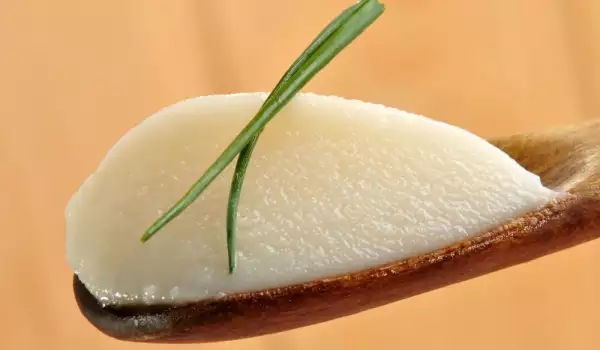

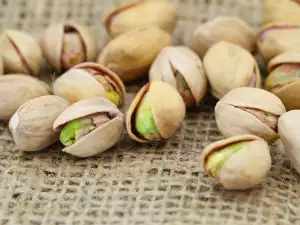



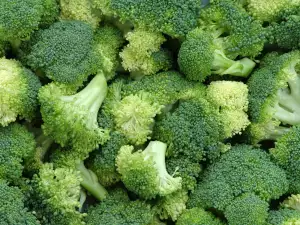






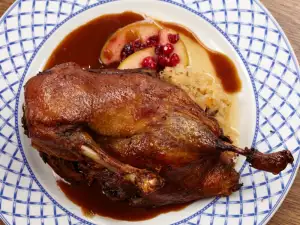

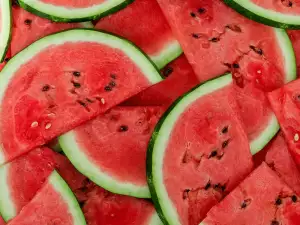




Comments